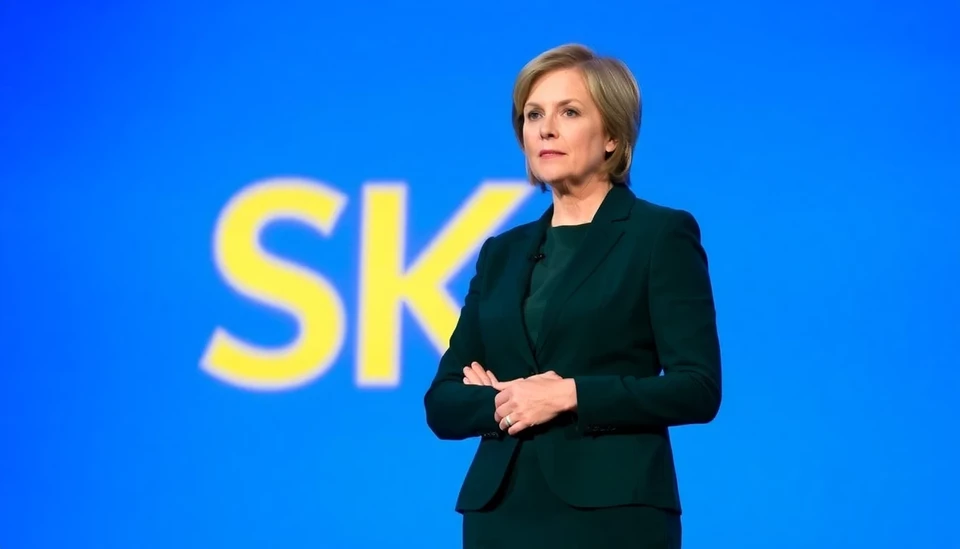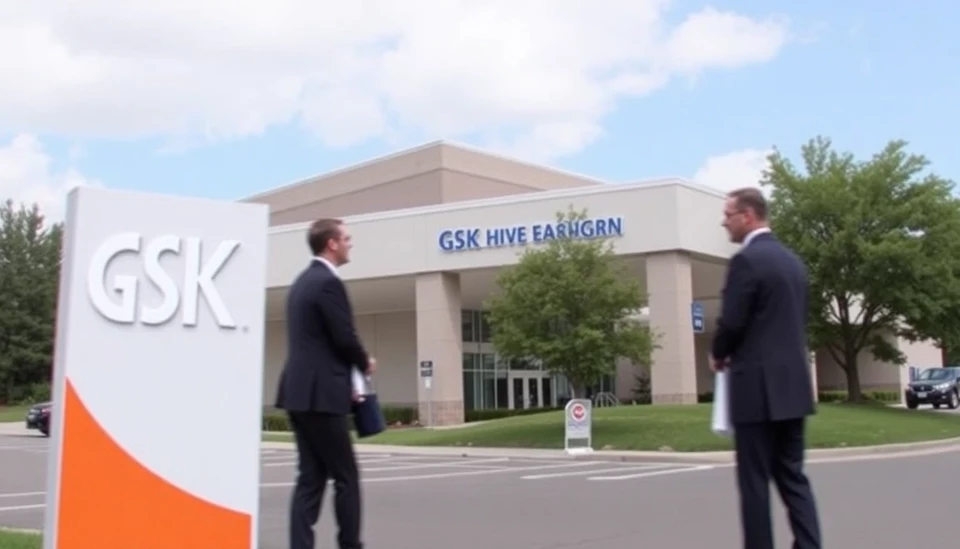
In the face of escalating tariff tensions and an uncertain economic climate, Emma Walmsley, the CEO of GlaxoSmithKline (GSK), remains unmoved and focused on the long-term growth strategies of the pharmaceutical giant. Despite the tumultuous implications that potential tariffs could have on the global supply chain, Walmsley expressed confidence in GSK's capabilities to navigate these challenges while continuing to deliver innovative healthcare solutions.
Walmsley recently articulated her perspective on the broader policy environment, emphasizing GSK's resilience in adapting to regulatory changes and tariff implications. Her leadership has been characterized by a proactive approach to uncertainties in the market, particularly as they pertain to international trade and healthcare access. She pointed out that the company's diversified global presence allows it to mitigate risks associated with any specific region's economic fluctuations or geopolitical tensions.
Amidst the discussions surrounding trade policies, one of the notable focuses is GSK's commitment to its research and development (R&D) initiatives. Walmsley underscored that the company is dedicated to prioritizing R&D, which is crucial for sustaining innovation and generating new therapies that address unmet medical needs. She believes that maintaining a steady investment in R&D will serve as a buffer against the adverse effects of tariffs, allowing GSK to maintain its competitive edge in the pharmaceutical industry.
Furthermore, GSK's portfolio is strategically balanced with products in vaccines, pharmaceuticals, and consumer health. Walmsley articulated that this diverse range helps GSK to weather external challenges, reinforcing the company's ability to deliver effective solutions to patients worldwide. The adaptable supply chain, combined with robust operational procedures, ensures that GSK can maintain product accessibility even when external pressures mount.
In her conversation, Walmsley also addressed the importance of collaboration with governments and stakeholders. She noted that productive dialogue with regulators is vital for creating a regulatory framework that fosters innovation while also being sensitive to the economic realities posed by tariffs. Such partnerships, she suggested, can lead to favorable conditions that benefit both pharmaceutical companies like GSK and the healthcare systems they serve.
Emma Walmsley's optimistic outlook amidst tariff turmoil paints a picture of a leader who not only embraces challenges but also seeks to convert them into opportunities for growth. As GSK navigates through an unpredictable market landscape, her steadfast commitment to innovation, combined with an agile corporate structure, will likely position the company favorably in the future.
As the world watches the ongoing developments in trade policies, GSK’s strategic direction under Walmsley’s guidance offers a glimpse into how pharmaceutical companies can thrive even in turbulent times.
#GSK #EmmaWalmsley #TariffTurmoil #PharmaceuticalIndustry #Innovation #Leadership #GlobalTrade #HealthcareSolutions
Author: Victoria Adams




